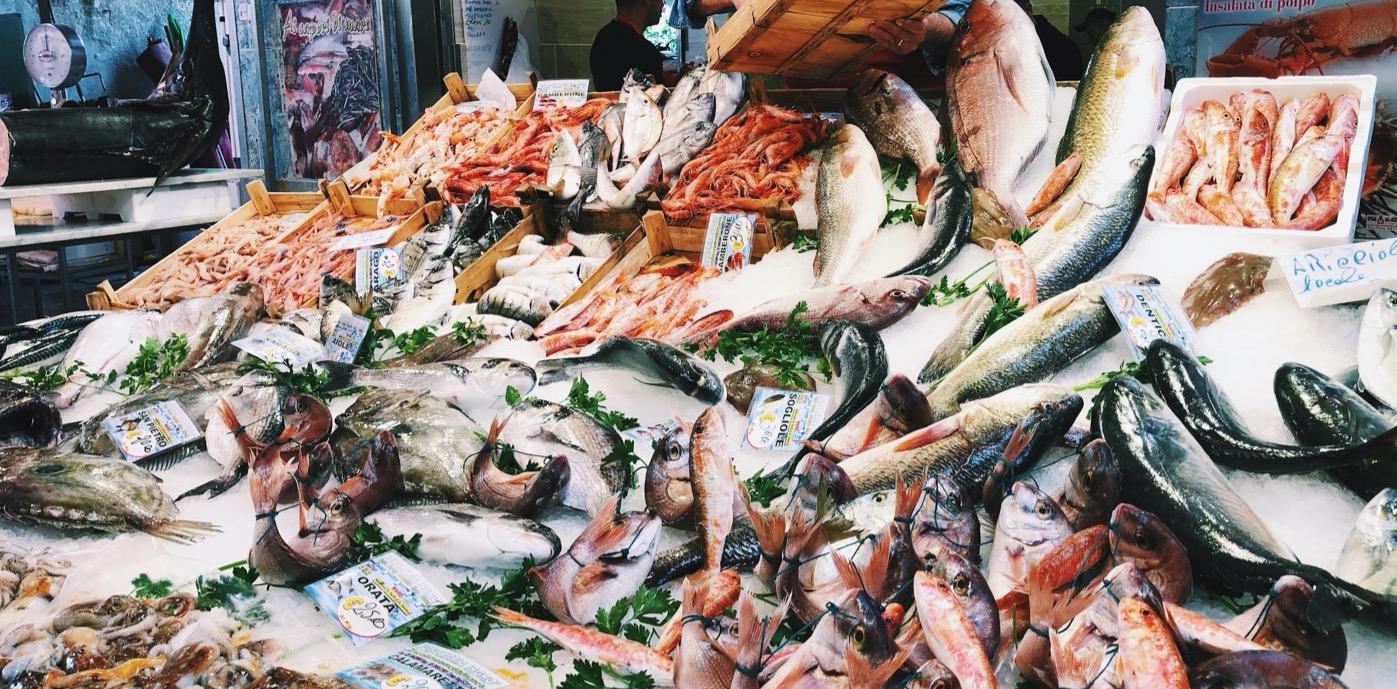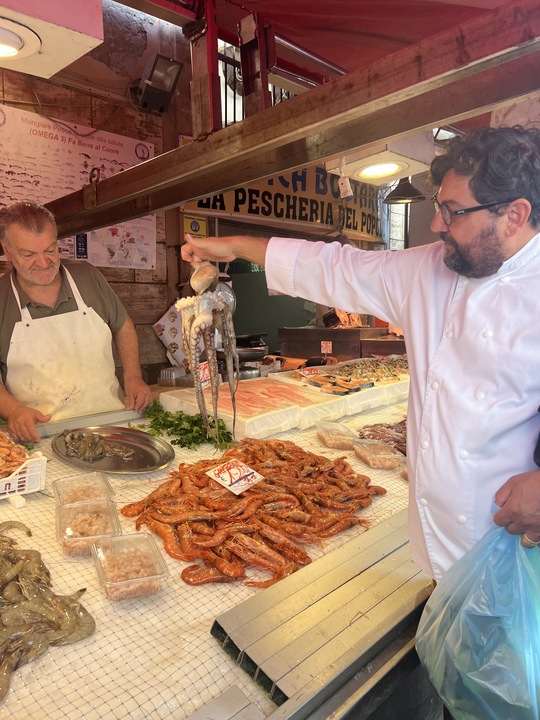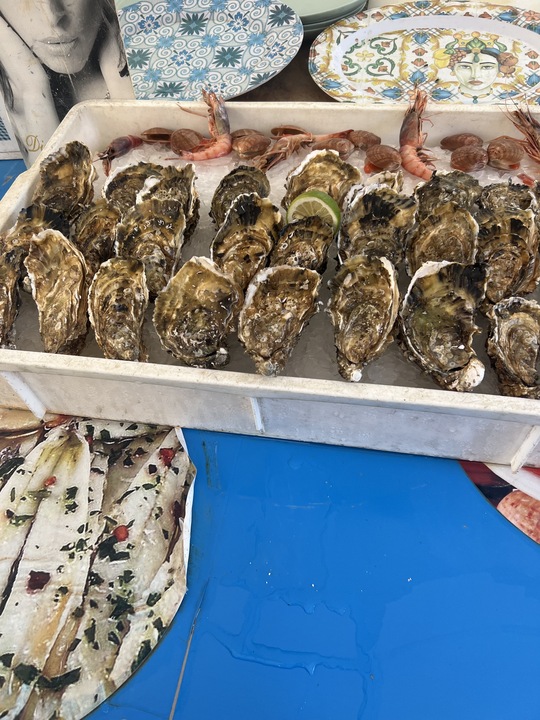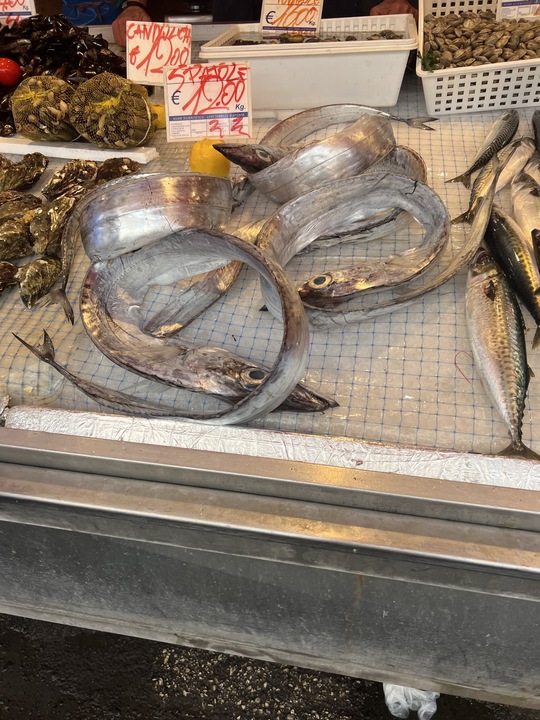With this fresh in my mind, I was really intrigued and excited to read Melissa Clark’s article in The New York Times on October 23, 2023 about land-based aquaculture. As the headline in her piece implies, current ocean-based aquaculture systems have been problematic, but new land-based farming methods may change the game for the aquaculture industry. The sub-head tells the story – “Land-based aquaculture is still coming into its own, but it stands to upend an industry plagued by environmental concerns.”
Clark writes that salmon is the second most popular seafood in the US. Specifically, “About 10 to 20 percent of this is wild Pacific salmon, most of which comes from well-managed fisheries in Alaska. But the rest is farmed fish raised in open net-pens in the ocean, a much-criticized system made even more problematic by rising water temperatures and other climate challenges.”
Her piece detailing the companies tackling land-based aquaculture solutions would have made Oldways founder K. Dun Gifford smile. Dun believed aquaculture should and would be an essential piece of the puzzle to feeding global populations in the years ahead.
As usual, he was ahead of his time. In 2001, just after 9/11, he conceived Oldways’ “Water Farming Initiative.” He viewed the pieces of this Third Millennium Challenge as:
- Too many hungry humans
- Too large a distortion in nutrition patterns
- Too little new arable land
- Too little remaining fresh water
- Too many factory-farmed animals
- Too little expandability of the wild ocean catch
- Too small a water-farmed harvest
- Too little ecological and environmental balancing
- Too little balance in consumer education
He believed sustainable water farming was the necessary solution to this challenge and to achieving world food security. At the same time, he understood the complicated world of sustainable aquaculture or what he liked to call, “water farming.”
The Water Farming Initiative was designed to shine bright lights on the best available scientific evidence about sustainable aquaculture. However, Dun knew that the difficult part of finding consensus wasn’t the science-it was the sound bites! He believed that in order to succeed, the Water Farming Initiative would, like a good bivalve, filter out the noisy sound bites.
This is still true, over twenty years later, and even more so. The noisy sound bites of social media, Twitter (X), Instagram and others only amplify misinformation.
There are so many good reasons to eat fish and seafood – health and great taste among them. It is fascinating (and hopeful) that land-based aquaculture systems may have the potential to be part of the solution.
Want biweekly Heritage Diet information and recipes in your Inbox? Sign up for our Fresh Fridays newsletter by clicking the Subscribe button at the bottom of this page!










Leave a comment